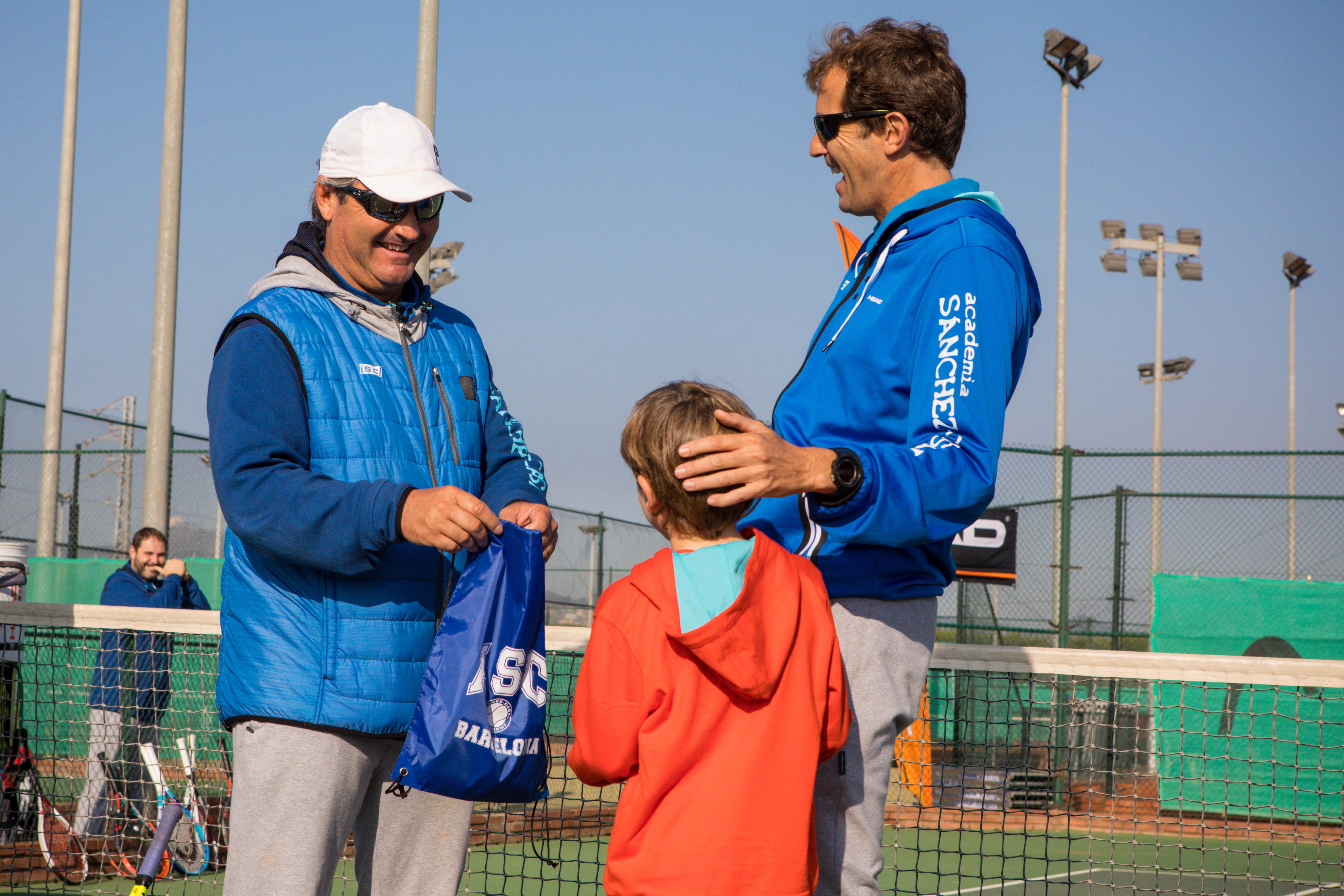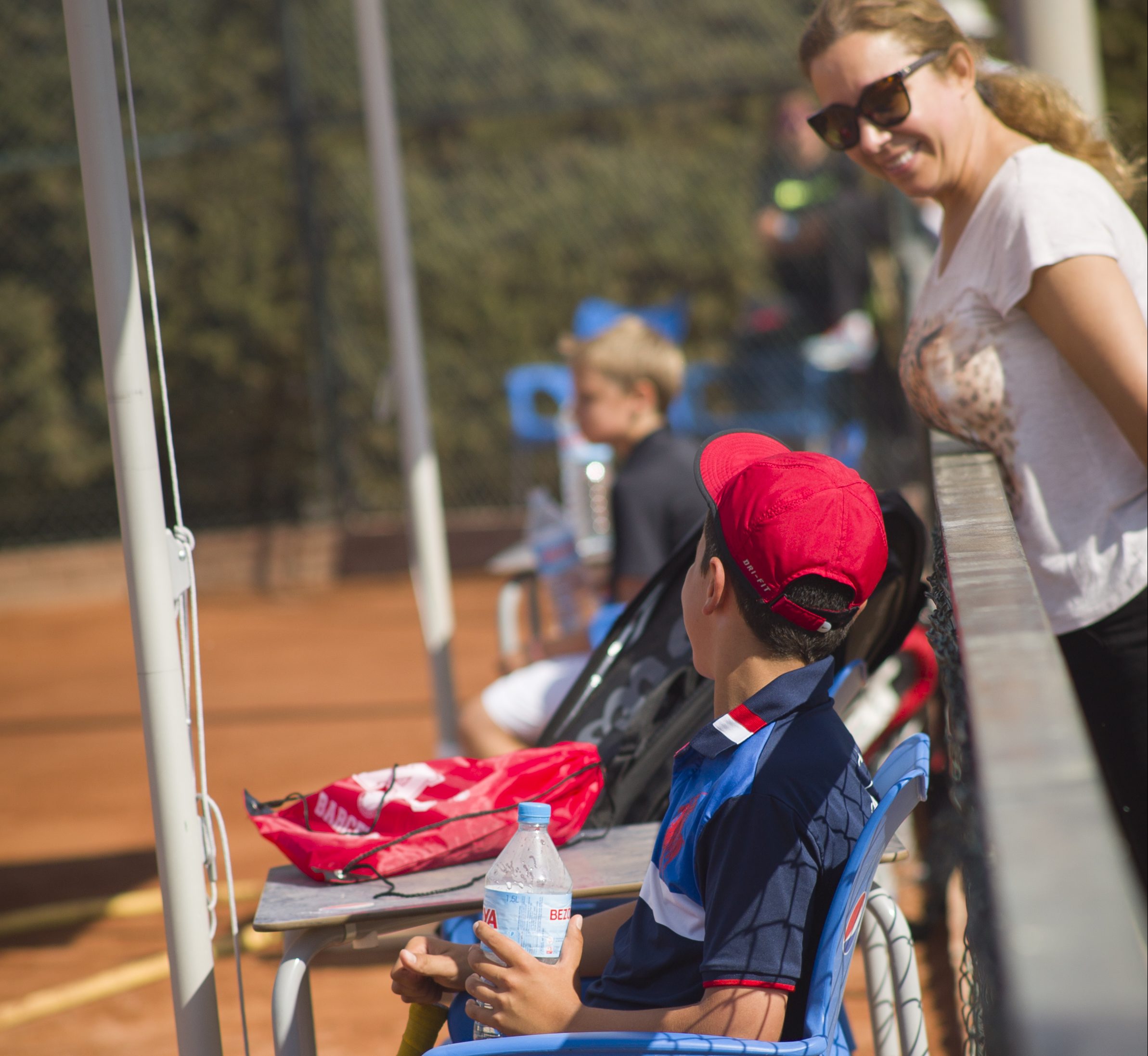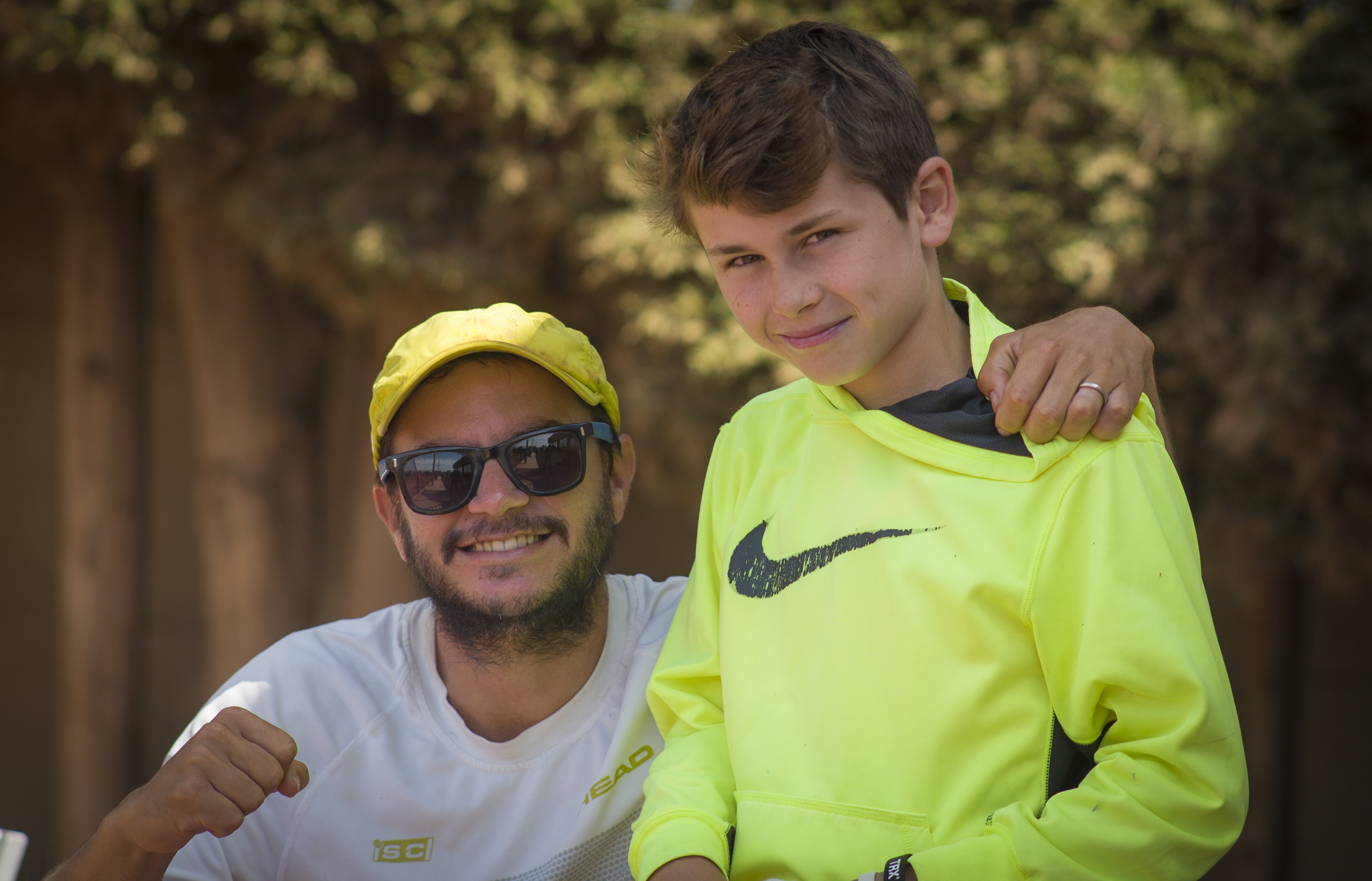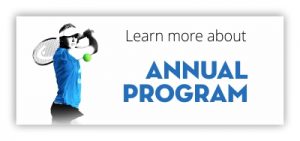
By Aleix Serrats, Sports Psychologist at Sánchez-Casal Academy, Barcelona.
Every athlete wants to achieve good results, but we have to be aware that good results don’t automatically happen because we spend hours and hours training on court, in fitness or in mental training. The hours you spend have to be productive. In order to be productive, it’s important to stay focused on every task during training and give 100% of your effort. Adults find it easier to think this way, but what happens when you are working with children? The famous sports triangle – player, coach, parents – becomes essential to understanding how we can help children give 100% effort.

Inspiring young athletes to give their best effort is both the coach and the parents’ responsibility. The coach works on all aspects of the player’s personal development, as achieving good results depends on the players growing, maturing and developing a vast range of skills.
In order to perform at their best, young athletes need to be motivated. Weinberg and Gould (2010) define motivation simply as the direction and intensity of our effort. We find that there are two types of motivation: intrinsic and extrinsic. The first comes from within, as you get satisfaction from personal improvement, and playing tennis beyond what you thought you could. On the other hand, we have extrinsic motivation, which is based on external benefits that the tennis player wants to achieve. The best way to accomplish this is by just playing, doing your best, or even winning.

So how can we, as parents, work on motivation?
- Make sure they have a good time; fun is one of the most powerful motivations.
- Accompany them in establishing their objectives.
- Help them overcome barriers and obstacles that make it difficult for them to continue playing.
- Compliment their efforts and achievements.
- Help them be more independent. If they make their own decisions, they are going to commit and give 100%.
Looking at this list, it is clear that the parents’ role is crucial in helping young players give the best performance possible. Therefore, working together is one of the keys to success for any student-athlete.
Aleix Serrats
Sports Psychologist at Sánchez-Casal Academy Barcelona
















